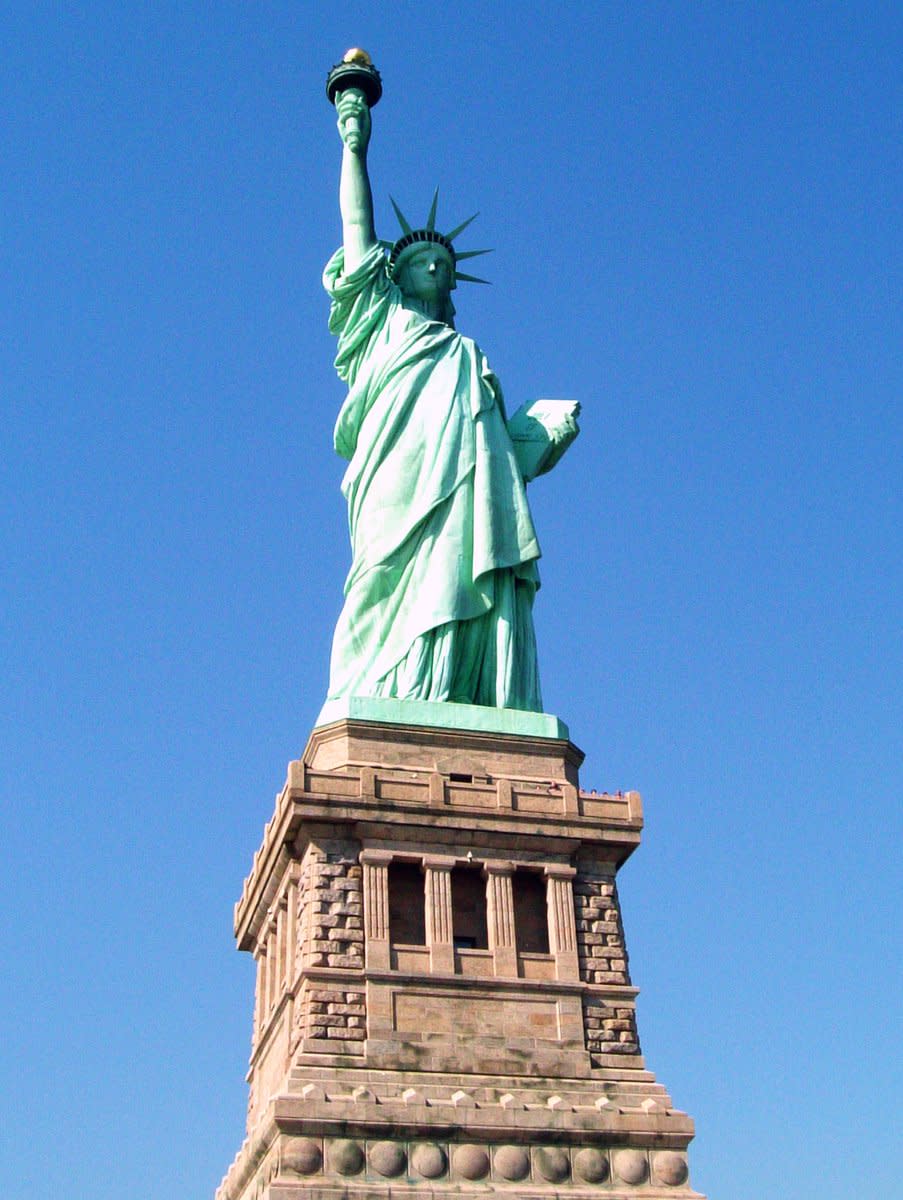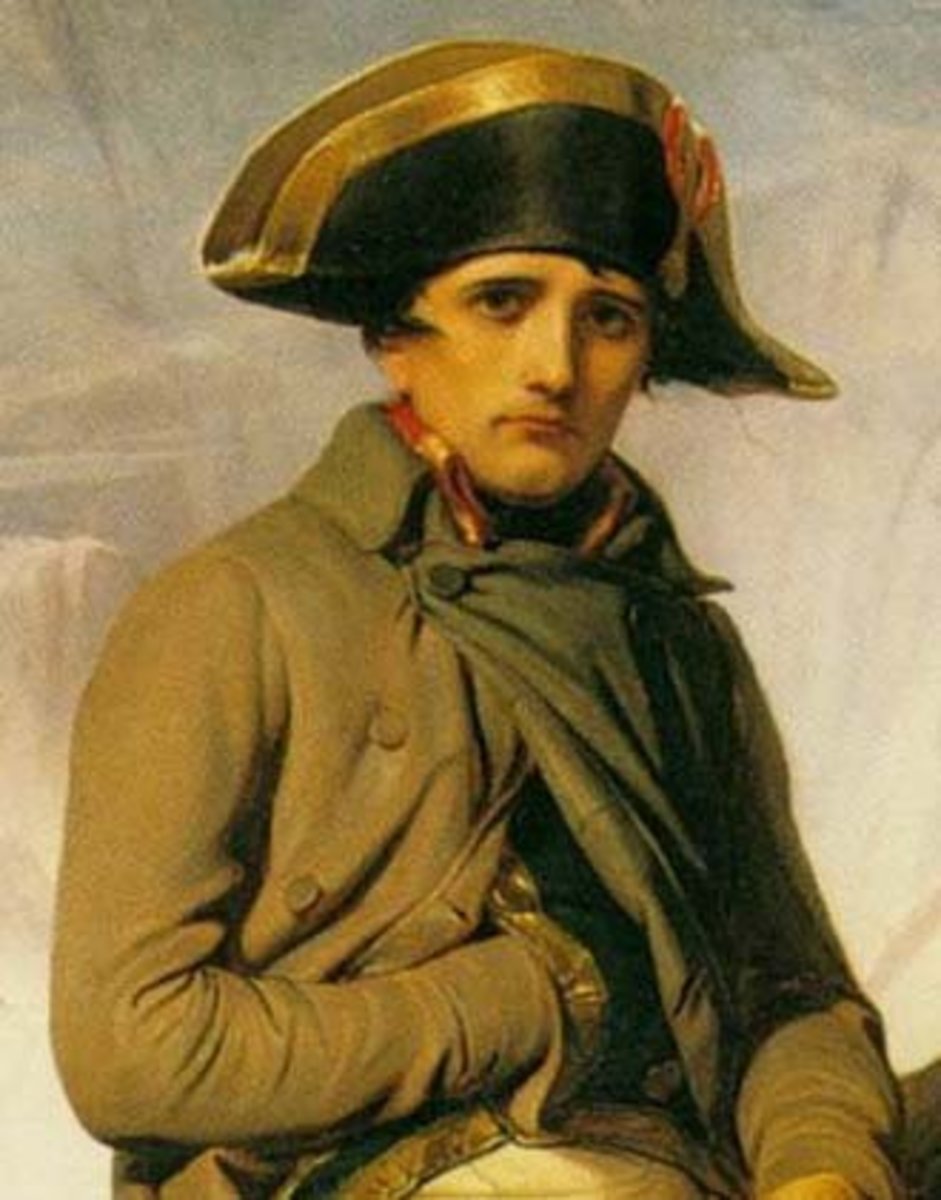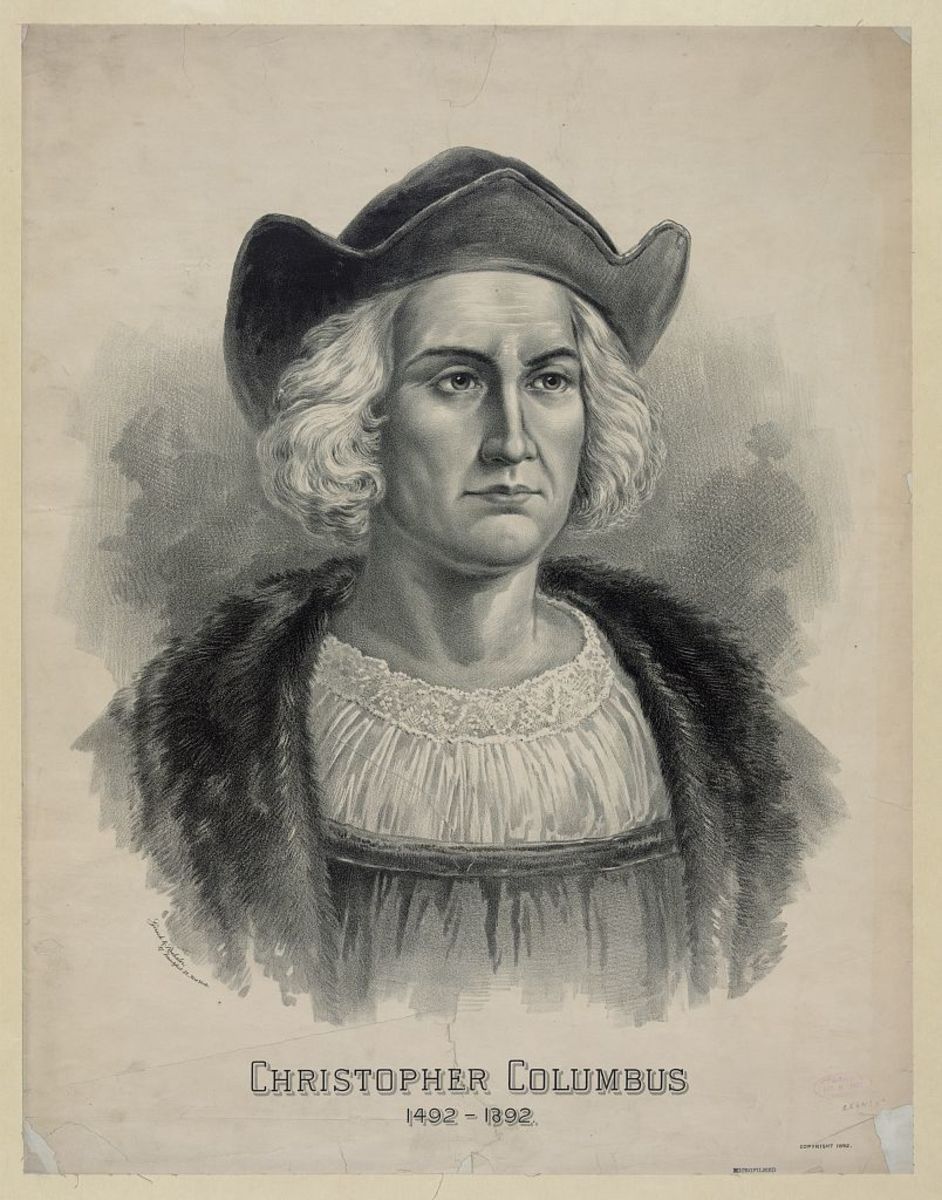THE CIVIL WAR: Our Most important war.
A HISTORY DISCUSSION...The Most important War.
As I read about American history, I've come to the conclusion that, of all the wars ever fought by America, the Civil War was the one that brought about the most monumental and lasting change. And that's including the American Revolution. See below for my rational why.
WHY THE CIVIL WAR WAS AMERICAS MOST IMPORTANT WAR
War has been a large part of practically every known civilization since the earliest days of humanity. Some would argue that the history of mankind is a timeline of wars. For better or for worse, wars have influenced the development of our country since its inception. We were birthed in a revolution, and even that was not the first war we fought. When America was still a colony, we were involved in the Seven Years War, helping our English masters battle the French army. There have been so many wars for so many reasons. Can it be said that any one was more important than the others? Obviously, some have attained more significance historically and caused more change in the country than others. I would make the assertion that the American Civil War was the most important war that our country ever fought.
Every war has had a lasting effect, but the severity and length of that effect determines the historical importance of a particular war. By analyzing our major wars, its possible to see that the effects of the Civil War brought about more integral personal change and positive growth as a country, in the long run, than did any other war.
The American Revolution came about because the Colonists were threatened by the English and by their decision to impose taxation without representation. It was the introduction of the Stamp Act, the Tea Act, the Sugar Act and other duties were seen not only as an impediment to the colonial economy, but also as a threat to their Independence. If they allowed these examples of taxation without representation to go unchallenged, what would the English do next? Since Parliament had an all-or-nothing mentality when it came to obedience, they would not accept partial cooperation from the colonies. They would insist on total submission to all acts imposed on the Americans.
So, while some Americans wanted to stay loyal to England, hoping to reach a compromise, they soon realized that England would never accept this. If they wanted to maintain their economic independence, they would have to shake off the yoke of British authority. Therefore, what Americans were fighting for was to maintain their economy. They didn’t want the British to ruin what they had. For the colonists of the American Revolution, there was an inseparable link between their property rights and individual liberties. They spoke of freedom, yet most of their grievances were related to taxes, duties and a possible monopoly for the India Trading company. They wanted to circumvent British interference in their business affairs and control their own economy. They didn’t mind still bowing to the crown, as long as they could continue to make profits. And in the end, that’s what they did, in economic terms. They preserved their economic way of life. Life actually changed very little for the average American post revolution. And, of course, in the long run, the British Empire collapsed and lost all its colonies. It can be argued that America would have become independent eventually any way, even without having fought the Revolutionary War.
In the Civil War, the economic status of the country was quite different afterward. Post war America introduced the grim realities of sharecropping and rural poverty. Further, the abolition of slavery represented the confiscation of about three billion dollars of property. (The equivalent of three trillion today) The government, therefore, basically claimed the principal form of property from one third of the country, without compensation. This sort of action was unheard of in America History, before or after this war. It was the greatest redistribution of economic power in history.
The economic realities of the Civil War were much more dramatic than those of the 1776 Revolution. When it comes to the concept of liberty, the Revolution created the Constitution and the Bill of Rights, which guaranteed rights to certain citizens. But only to certain citizens! The Founding Fathers had to make many compromises, and as a result, they were not able to end the scourge of slavery. True, they felt slavery would die out in the end and so added what little they could into the Constitution to aid in that ultimate demise, but when all was said and done, the free country they created was not totally free. Any country that had slavery could not be logically described as being free. It was a great hypocrisy that tainted the Constitution and the country.
Some might say that the preservation of the institution of slavery following the war made a travesty of the Constitution, especially since some blacks actually fought alongside the other colonists.The Civil War is said to be about slavery, and to a large extent, it was. Slavery was the catalyst of the war and the reason for the Southern Secession. However, from the Union point of view, the reason for the war was quite different. There were not a lot of people in the North who were passionate enough about the plight of the slaves to fight for them.
Even Abraham Lincoln himself did not have totally altruistic motivations for entering this war. For Lincoln, it was all about preserving the Union. Giving in to the threat of secession would set a dangerous precedent wherein the minority again secede whenever they were unhappy with the rule of the majority. This would ultimately fragment the United States into various groups of feuding states, never reaching a consensus. He feared America would become the laughingstock of the world. He saw America as the great hope of democracy; It had to persevere, otherwise, America would be seen as an unsuccessful experiment.
War, Lincoln concluded reluctantly, was the only answer, although he blamed the necessity ofit on the Confederacy. He stated in his Second Inaugural Address, “Both parties deprecated war, but one of them would make war rather than let the nation survive, and the other would accept war rather than let it perish.” Therefore, he had to defeat the Confederacy and to do this, the emancipation of the slaves was an important tool. It “struck at the heart of the rebellion” and it would weaken the enemy’s war effort by disrupting its labor force, and augment the Union effort by converting these freed men into a Union asset. He announced in September 1862, during his famous “Gettysburg Address” his intentions to allow blacks in the army. The Northern victory in the Civil War finally turned the United States of America into the true democracy it was always meant to be.
Another major step after the Civil War was the 14th and 15th Amendments. These were described as a “Revolution in American Constitutionalism”. These amendments transferred the primary definition and enforcement of citizen’s rights from the states to the national level. It was an unprecedented centralization of power.
The Founding Fathers had been split on the issue of whether power should lie with the state or the federal government. It was a hotly debated issue and they only managed a marginal compromise. The Civil War forever shifted power to Washington, DC. Since the Civil War brought about the end of one of the ultimate injustices of history—Slavery—it’s hard not to see it as a necessary evil. It would be impolitic to say that the country was not stronger afterwards. Morally, democracy had been vindicated. After all, it was the height of hypocrisy for a so-called “free country” to have slaves. In that sense, America was stronger because it was truer afterward to the grand vision which the founding father’s conceived of. Therefore, although animosity between the North and the South, and continued racism against the blacks would still vex the country for years to come, ultimately the nation was stronger after the battle because it gave birth to a genuinely free nation. This is far more radical than the compromises which the Constitution was forced to settle for.
What about the First and Second World Wars? Weren’t those global battles of greater importance to the USA and humankind in general than a Civil War fought only on American soil over 100 years ago? They were World Wars, after all. And that fact itself is why I say they were of less lasting importance to the United States than the Civil War. True, if the Nazis of the Third Reich and their allies had conquered the world as they planned, America would have ultimately fallen as well. Certainly, the defeat of the Nazis was one of the most important global historic events, but the lasting effects on this country were of less lasting importance to our daily lives than the repercussions of the American Civil War.
The World Wars One and Two were basically large European Civil Wars, which caused massive loss of economic, demographic and political vitality. The World of European dominance came crashing down. This blow to Europe’s imperialism set the stage for a new power to take its place.
However, this was not the sole reason that the United States became the new world Super Power. It was also the cold war rivalry with the Soviet Union that helped America rise to the top of the global heap, economically and militarily. Therefore, neither war alone caused America to reach its new heights. It was the combination of both, along with the cold war, which led to the present power of the United States.
The Civil War changed an entire nation, freed an enslaved race and formed the first real democracy in the world. All of this was a direct result of the Civil War and not of a combination of parallel events. Also, the lives of average Americans changed less after WW2 than did the lives of Americans after the Civil War.
The Vietnam War caused quite a lot of social debate and hostility, particularly on the national attitude toward war. But this period was equally significant for other cultural revolutions including Martin Luthor King, the civil rights movement and the counter-culture represented by Woodstock. All these things had a combine effect but Vietnam alone did not have the same impact that the Civil War did. The Civil rights movement started by Martin Luthor King was an undeniably important event but it had little to do with Vietnam and none of it would have been possible if the Civil War had not been fought.
All the major wars fought by the United States from the Revolution to the current war had an impact on the present and future of the country. But judging by the evidence presented above, none of them was as important to the United States as was the American Civil War.





